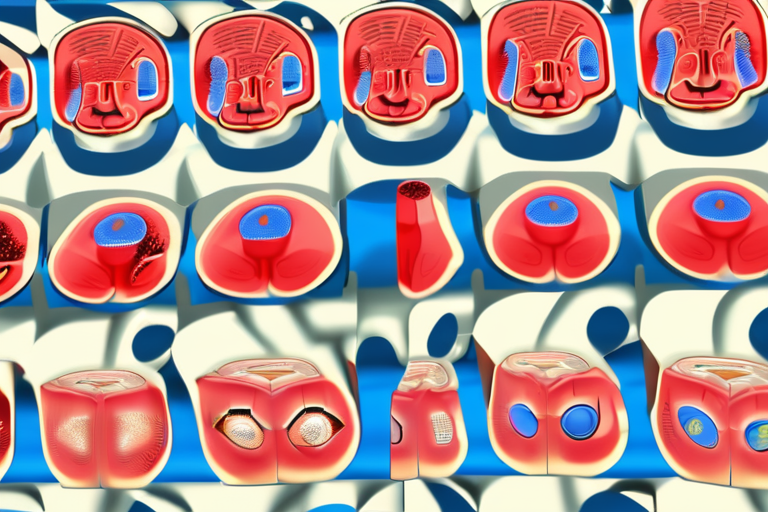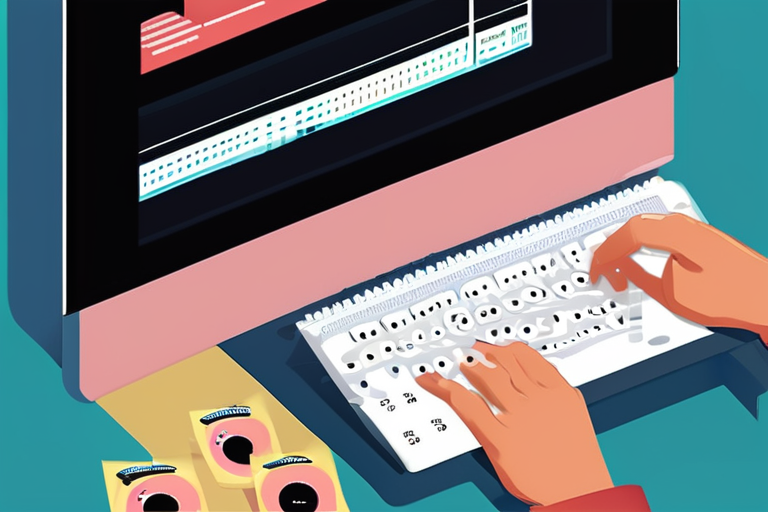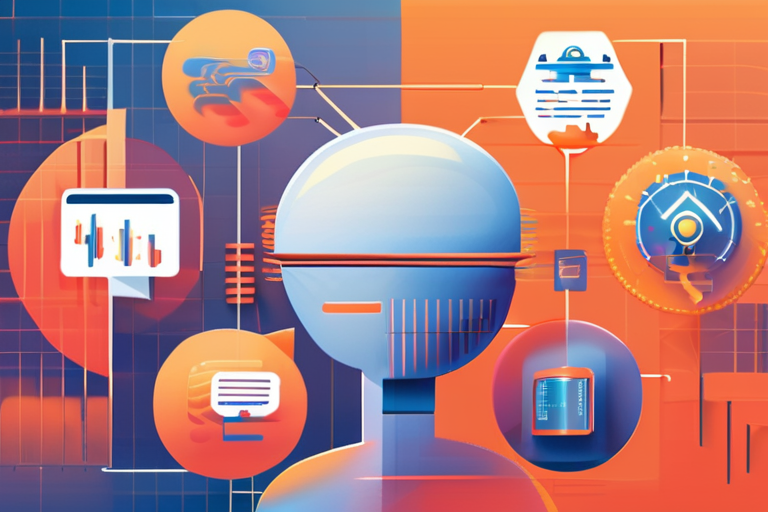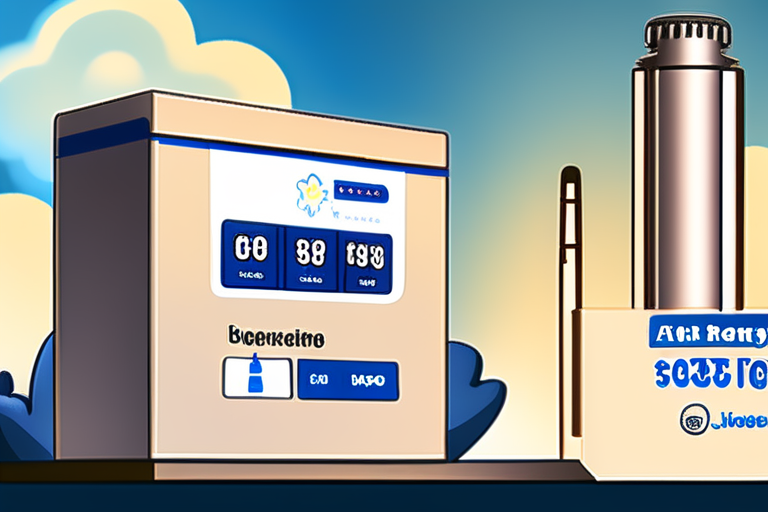Brain's Memory Filter Unveiled: Scientists Reveal Why Some Moments Stick Forever


Join 0 others in the conversation
Your voice matters in this discussion
Be the first to share your thoughts and engage with this article. Your perspective matters!
Discover articles from our community

 Hoppi
Hoppi

 Hoppi
Hoppi

 Hoppi
Hoppi

 Hoppi
Hoppi

 Hoppi
Hoppi

 Hoppi
Hoppi

The Evolution of Software Development: A Journey Through Time In the early days of computing, software development was a laborious …

Hoppi

AI Redefines Concept of Programming Language Popularity In a significant shift, artificial intelligence (AI) has begun to alter the way …

Hoppi

BREAKING NEWS Ukraine Groups Racing Against Time to Reintegrate Over 1 Million Veterans Amid Ongoing Conflict LVIV, Ukraine - In …

Hoppi

X Home Office Why you can trust ZDNET : ZDNET's expert staff finds the best discounts and price drops from …

Hoppi

The Battle for Supremacy: How to Watch Arsenal vs Man City Live Stream It's a clash of titans, a showdown …

Hoppi

Private Equity Industry Faces Systemic Challenges as High-Flying Era Loses Its Way The private equity industry, which has experienced meteoric …

Hoppi